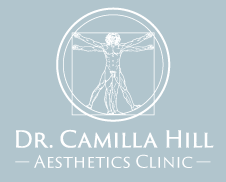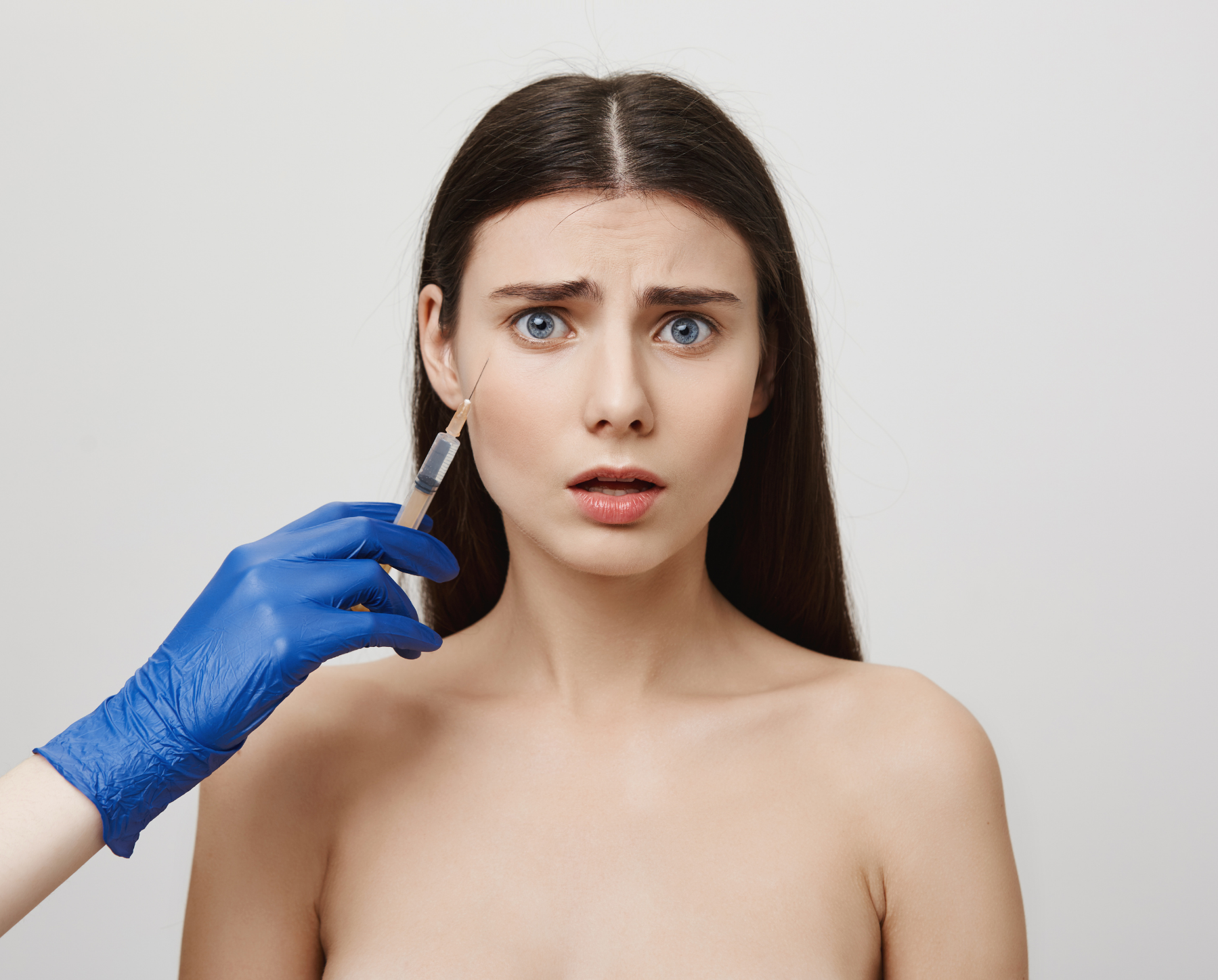‘I have a needle phobia but want an aesthetic treatment’
Trypanophobia, more commonly known as an injection phobia, can present a serious barrier for people wanting to make changes to their appearance through aesthetic treatments, such as dermal fillers or anti-wrinkle treatments.
However, by being open and honest with your clinician and choosing the right clinic you can overcome this fear to enjoy the results of your chosen cosmetic treatment.
Needle phobia: Chose your aesthetic clinician carefully
Knowing that you are being listened to and that your concerns are being taken on board is important in addressing and overcoming needle phobias. The starting place should be to ensure the aesthetic clinician you choose is medically qualified.
A medical professional will have experience in using needles carefully and accurately – and will have no doubt dealt with needle phobias in the past. It is reported by Anxiety UK that up to 10 per cent of the population suffers from a fear of needles to some extent. This distress can be become an issue if it starts to interfere with your quality of life and prevents you from making certain choices.
Always make sure you inform your aesthetic clinician about any anxieties you have relating to the use of needles. They will be able to explain the steps to be taken to minimise your anxiety and help you work through it.
Working through a needle phobia to have an aesthetic treatment
If you want to make a change to your appearance through an aesthetic treatment that involves the use of needles but have a fear, there are a number of points to consider. Most importantly though, it is vital to tackle a fear so that you can live your life to its fullest.
Many needle phobias are rooted in childhood experiences and may be connected to associations of pain.
The needles used for aesthetic treatments, such as dermal fillers and anti-wrinkle therapy, are incredibly thin and the treatment is very quick. Some of the needles used in aesthetic treatments are so thin they are described as ‘invisible’.
Client comfort is important to medical clinicians. Thin needles are combined with numbing creams and localised anaesthetic to minimise any discomfort. Your clinician will be able to explain the process in more detail to help you address any fears you may have.
What can I do to prepare for my treatment if I have a needle phobia?
If a needle phobia is holding you back from having a treatment, or is affecting your life in other ways, there are steps you can take.
Cognitive Behavioural Therapy (CBT) is a recognised method to help tackle needle phobia. This works by challenging your thought patterns connected to fear and reframing your perspective. It would be worth seeking the support of a professional therapist.
If you have a more minor fear, you could find it helpful on the day of your treatment to practise relaxation techniques, such as meditation and make sure that you have eaten properly to avoid feeling dizzy. Also consider bringing along someone you trust to offer support and reassurance.
Many people who have an aesthetic treatment return for more treatments. This retention rate shows the positive impact it can have on a person’s self-esteem and appearance. By creating positive association with the use of needles you could actually help to tackle a needle phobia.
Friendly advice and a medical background
Dr Camilla Hill has worked as a medical professional for more than 30 years and is an experienced aesthetic clinician. She is used to helping patients though anxieties and concerns, including needle phobias. She will listen to your concerns and give you the advice that you need to help you find the right treatment for you – and to discuss ways to deal with your phobia.
With the right support there is no reason why a needle phobia should stop you getting the aesthetic treatment that you want.
Contact Dr Camilla Hill today to take the first step towards achieving the changes that you want to see – and getting the advice that you need.







